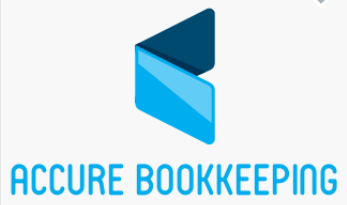Introduction:
The South African Revenue Service (SARS) has recently intensified its efforts in cracking down on provisional tax payers. This move aims to ensure compliance and accurate reporting of income for individuals who earn income outside of regular employment. In this blog post, we will discuss the implications of this crackdown, what it means for provisional tax payers, and provide guidance on how to navigate this situation effectively.
Understanding the Crackdown:
SARS is focusing its attention on provisional tax payers who may be underreporting their income or failing to submit accurate tax returns. Provisional tax payers are individuals who earn income from sources other than regular employment, such as freelancers, self-employed professionals, or business owners. The aim is to ensure that all taxable income is properly declared and taxed accordingly.
Implications for Provisional Tax Payers:
If you fall into the category of a provisional tax payer, it’s crucial to understand the potential implications of non-compliance with SARS regulations:
1. Penalties and Interest: Failure to accurately report your income or submit your tax returns can result in penalties imposed by SARS. These penalties can range from monetary fines to interest charges on outstanding amounts.
2. Audit Risk: Non-compliance increases the likelihood of being selected for an audit by SARS. This can lead to additional scrutiny, potential investigations, and further financial consequences if irregularities are discovered.
3. Reputational Damage: Non-compliance with taxation regulations can harm your professional reputation and negatively impact future business opportunities. It’s essential to maintain a clean record and demonstrate responsible financial practices.
What You Can Do:
To ensure compliance with SARS regulations and minimise any potential risks associated with the crackdown on provisional tax payers, follow these steps:
1. Seek Professional Advice: Consult a qualified accountant or tax professional who specialises in tax matters for provisional tax payers. They can provide guidance on your specific situation, help you understand your obligations, and assist with accurate reporting and filing of tax returns.
2. Maintain Accurate Records: Keep detailed records of all income earned and expenses incurred related to your provisional income sources. This includes invoices, receipts, bank statements, and any other relevant documentation. Accurate record-keeping is crucial for ensuring transparent reporting and minimising the risk of errors or discrepancies.
3. Submit Timely and Accurate Tax Returns: Ensure that you submit your provisional tax returns on time and accurately report all taxable income earned during the relevant period. Be diligent in providing supporting documentation where required.
4. Stay Informed: Stay updated with SARS regulations, changes in taxation laws, and any updates or announcements related to provisional tax payers. Regularly check the SARS website or consult with a tax professional to ensure compliance with current requirements.
Conclusion:
As SARS intensifies its crackdown on provisional tax payers, it’s essential to understand the implications of non-compliance and take proactive steps to meet your obligations as a taxpayer. Seek professional advice, maintain accurate records, submit timely and accurate tax returns, and stay informed about regulatory changes. By doing so, you can navigate this situation effectively while maintaining compliance with SARS regulations. Remember: transparency and responsible financial practices are key when it comes to taxation matters.
Still need assistance? Contact us on 012 880 5999/ info@accurebookkeeping.com




0 Comments